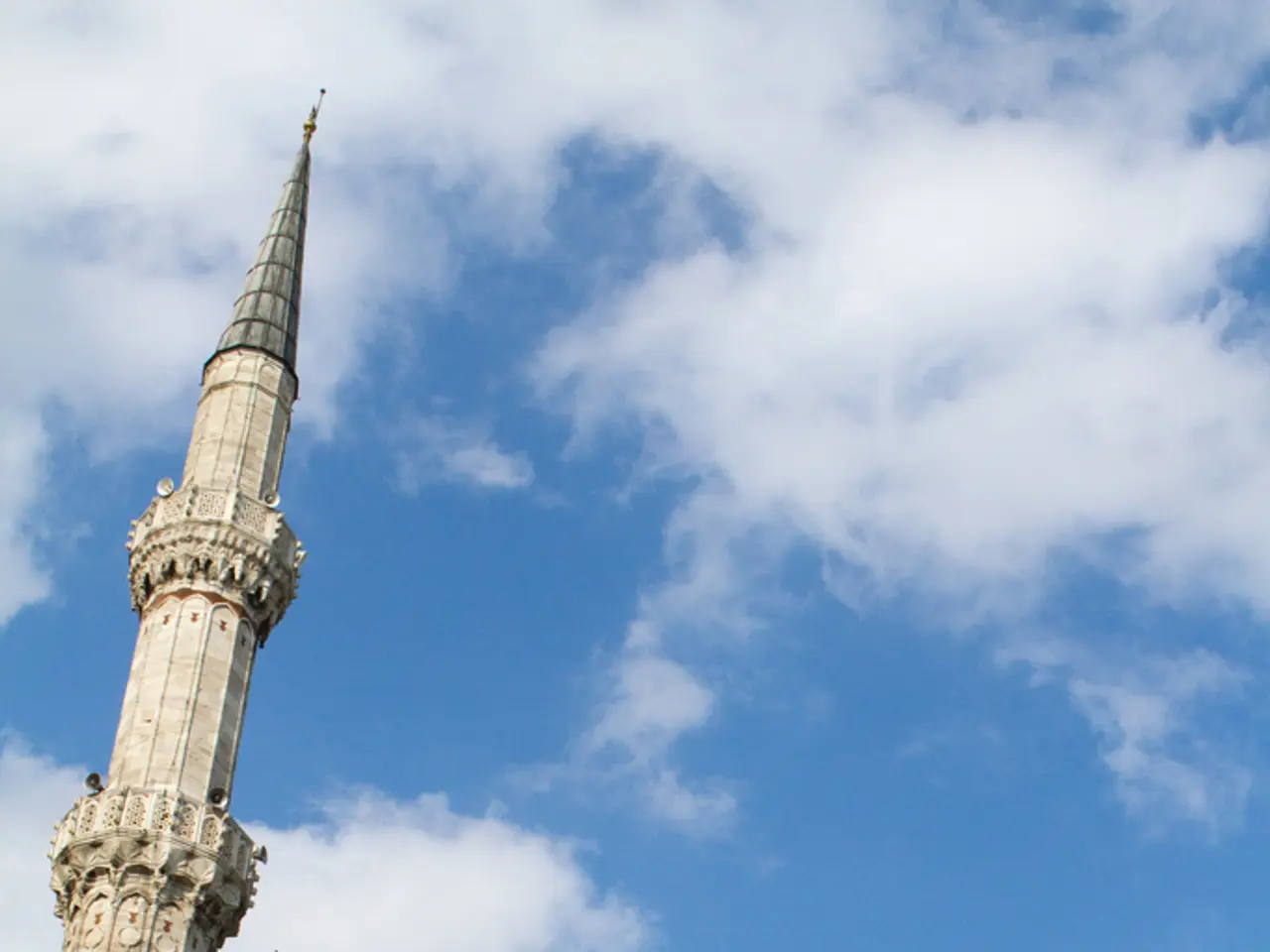Defense Alliance Between Pakistan and Saudi Arabia: An Analysis of Possible Religious Undercurrents and Implications for India
In the ever-evolving landscape of the Middle East, several significant events have taken place recently, reshaping alliances and creating new tensions.
Saudi Arabia, a major player in the politics of the Muslim world, also known as Ummah, has made headlines with its strategic moves. After agreeing to purchase arms and ammunition worth $142 billion from the US, the kingdom has been strengthening its military capabilities. However, it has kept itself away from the Israel-Hamas war in the Gaza Strip, signalling a cautious approach in its foreign policy.
Meanwhile, the Abraham Accords, a series of diplomatic agreements that normalised relations between Israel and several Arab nations, suffered a severe blow when Hamas attacked Israel on October 7, 2023. Muslim countries distanced themselves from the Jewish state, with the Abraham Accords facing a significant setback.
One of the most notable developments is the mutual defense pact signed between Pakistan and Saudi Arabia. This pact may send strong signals to Israel, potentially complicating the geopolitical dynamics in the region. Pakistan, being the only Muslim country with nuclear weapons, estimated to have about 180 in total, adds a new dimension to the pact's implications.
India, another key player, will have to discuss the impact of the defense pact with Riyadh and understand the changing geopolitical dynamics and security arrangements. The recent development may create problems for India due to its proximity to Pakistan.
Israel, being a close ally of the US, cannot directly target Saudi Arabia due to its relationship with the US. However, unofficial diplomatic channels between Israel and Saudi Arabia have been reported, suggesting a more nuanced relationship than what meets the eye. Israel is believed to have nuclear capabilities, although it does not openly claim to have them.
Turkey, another significant player in Ummah politics, aims to restore the prestige of the Ottoman Empire under President Recep Tayyip Erdogan. Turkey's promotion of political Islam through state-linked religious bodies like Diyanet and support for movements such as the Muslim Brotherhood can heighten tensions between Pakistan and Saudi Arabia. This stance contrasts with Saudi Arabia's more state-centric religious policies, complicating alliances in the Muslim world.
Saudi Crown Prince Muhammad bin Salman has chosen Pakistan as a strategic move to counter Turkey in Ummah politics. Saudi Arabia has also invested billions of dollars in India and plans to invest over $100 billion in the next five years, further cementing its position in the region.
As these events unfold, the Middle East continues to be a hotbed of political intrigue and strategic manoeuvring. The balance of power is shifting, and the implications for the region and the world are far-reaching. The coming years promise to be an exciting and challenging time in the Middle East.
Read also:
- United States tariffs pose a threat to India, necessitating the recruitment of adept negotiators or strategists, similar to those who had influenced Trump's decisions.
- Weekly happenings in the German Federal Parliament (Bundestag)
- Southwest region's most popular posts, accompanied by an inquiry:
- Discussion between Putin and Trump in Alaska could potentially overshadow Ukraine's concerns








